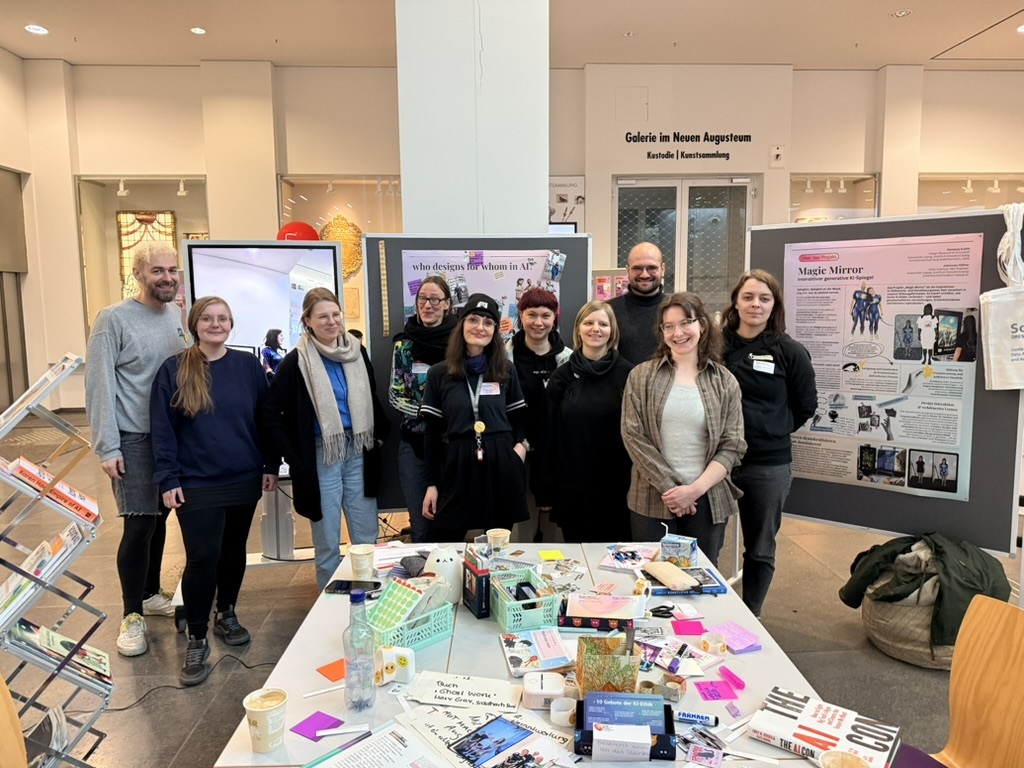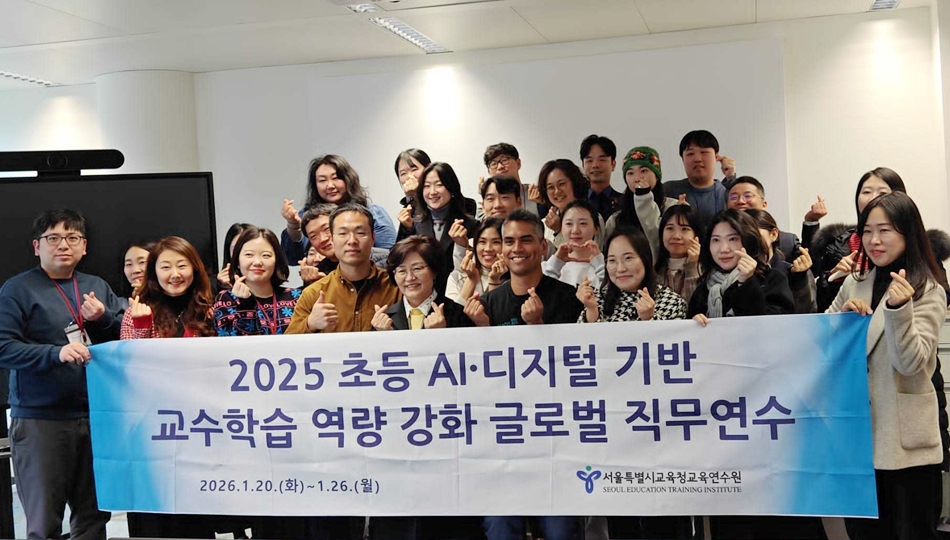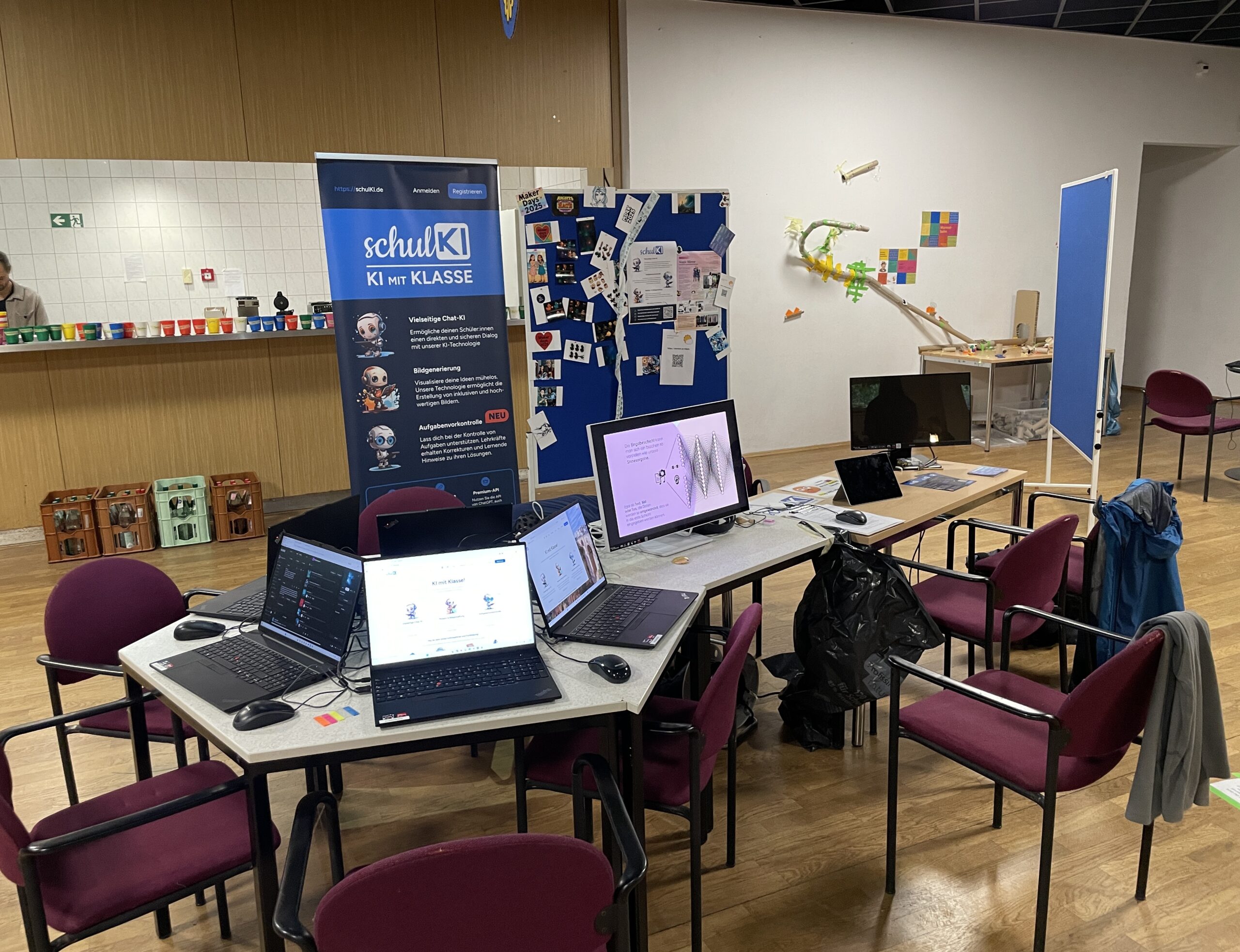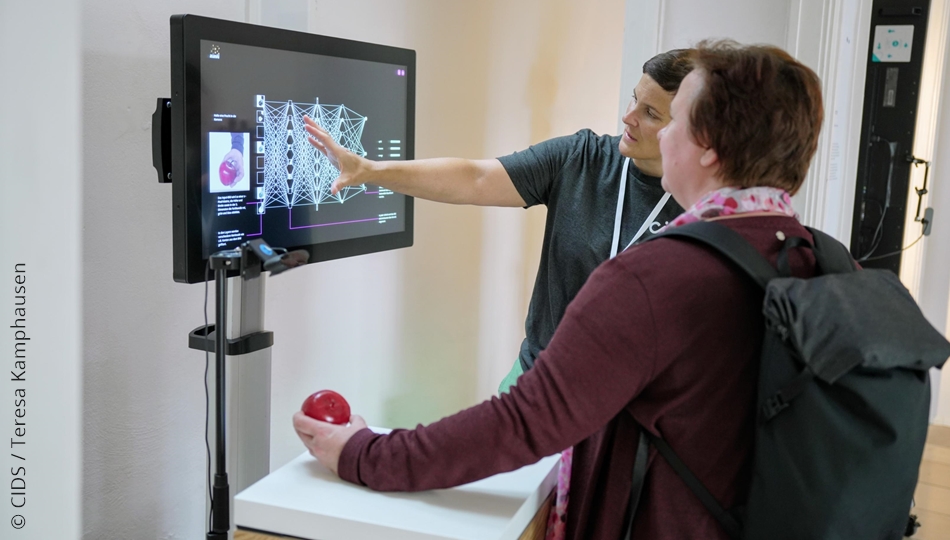August 4, 2017
Big Data in Business: BiDiB 2017 in Leipzig
This year, the Leipzig site of the Big Data Competence Center ScaDS Dresden/Leipzig once again invited participants to a workshop on the topic of “Big Data in Business”, in short BiDiB 2017. From June 15th to 16th, a wide-ranging program was offered in the Felix Klein Lecture Hall at the Leipzig University. In the workshop, more than 50 participants from business and research gained insights into new findings and challenges in dealing with very large amounts of data and facilitating a lively exchange.
Program of BiDiB 2017
Speakers from well-known companies (including BMW Group, Immowelt AG, Huawei Technology), as well as local startups, reported on practical problems and their solutions. At the same time, the proven accompanying program from 2015 was continued. Scientists from Leipzig University presented research projects and prototypes from the Big Data Competence Center, e.g.
- Gradoop
- Exploids
Thursday
With the friendly welcome and the introduction of ScaDS by the workshop leader Prof. Dr. Rahm, BiDiB 2017 was opened. As the first speaker, Dr. Benny Kneissl from BMW Group in Munich took the floor. He presented various application areas of Artificial Intelligences in the automotive sector. Furthermore, he illustrated the use of Big Data technologies with case studies. For example, work is already underway to detect faults in engines through sound analysis. Similarly, the state of health of robots can now be determined earlier.
Dr. Hanna Köpcke from Web Data Solutions in Leipzig introduced participants to the world of “collecting data” from the Internet. She described the problems for matching product data, where an HDD is just the same as a hard drive, or a crew neck on a T-shirt is also a scoop neck. Dr. Raunich from the Leipzig-based Data Virtuality Inc. then spoke about fast and efficient integration of data (data integration). He also introduced the audience to various analysis tools that provide this function. During the following lunch break, the first technical discussions took place. This already included the posters and documentations of the ScaDS center.
Afterwards, Axel Schwanke from Immowelt AG in Nuremberg clarified the company’s approach to detecting fraud and implementing new ideas in this regard also always with regard to their data. “Big Data is not a self-value with us,” explained Schwanke, and in this respect he agreed with his follow-up speaker. Dr. Stephan Ewen from Data Artisans in Berlin also stated that “BigData no longer lives for itself alone”. He also gave a brief introduction about the evolution from “batch processes” to “streaming processes” to “stateful event-driven applications”. Prof. Dr. Jorge Cardoso from Huawei Technology reported on cloud operations with “OpenStack” and “open Telekom Cloud”. Another focal point was the monitoring of cluster landscapes in the cloud.
Jens Kamionka from T-Systems Multimedia Solutions then explained to the participants where Artificial Intelligence is already being used in various companies. As examples, he mentioned the detection of fraudsters in casinos. He also talked about other possibilities which will arise in the next few years.
The last talk on Thursday was held by Dr. Tobias Kötter from Knime. He dealt with the mining of different data types using Spark. Using a small live demonstration, text and image data were compiled here. In the evening, many participants sat together with hearty food in the Bayrischer Bahnhof. The evening ended with further discussions and talks about future cooperation possibilities.
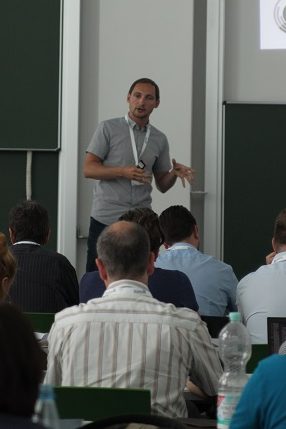
Friday
On the second day of BiDiB 2017, Joshua Bacher from Otto (GmbH & CoKG) described how stored data can be used to provide suggestions for better search results. Dr. Sebastian Schelter from the Technical University of Berlin then presented Samsara. This is a system designed for mathematicians and physicists to abstract their scientific problems. After a short break, Markus Zappolino from Dell EMC brought up a new branch of research: Infonomics. He gave examples of calculating the value of data. Dr. Steffen Preißler from SQL-Projekt-AG talked about the challenges of preparing BigData projects before it was back to the lunch break, which was filled with lively discussions. The series of presentations at BiDiB 2017 was concluded by Juan De Dios Santos from lovoo GmbH, who reported on the recognition of real users and fake accounts in online portals.
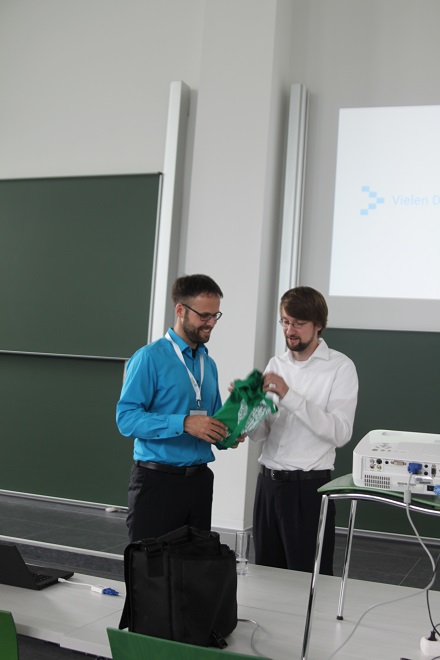
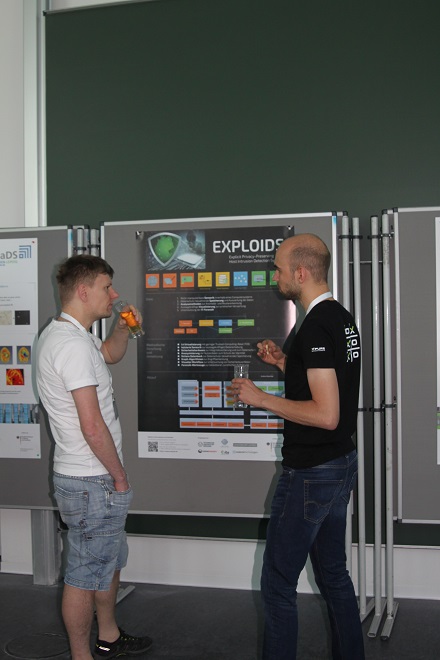
After the workshop program, the participants had time to look at and have explained the research results, prototypes and projects of the scientists of the ScaDS center and the associated chairs, and then to intensively discuss the contents of the lectures and posters in a relaxed atmosphere. Also this year we received a lot of positive feedback from speakers and participants, with almost all of them wishing for an annual repetition of BiDiB. As we plan for next year, we are working to make this format a permanent part of the Big Data Competence Center’s events.
ScaDS Dresden/Leipzig
The Big Data Competence Center ScaDS (Competence Center for Scalabale Data Services and Solutions) Dresden/Leipzig, has been funded by the German Federal Ministry of Education and Research since October 2014. It addresses different research foci, including the integration of heterogeneous data, knowledge extraction and visual data analysis. In addition to various scientific application areas (including life sciences and digital humanities), the challenges in industry are also addressed. A service center helps to coordinate the work. It is available to users and interested parties from various disciplines and industries as a central point of contact for the use of Big Data technologies.

